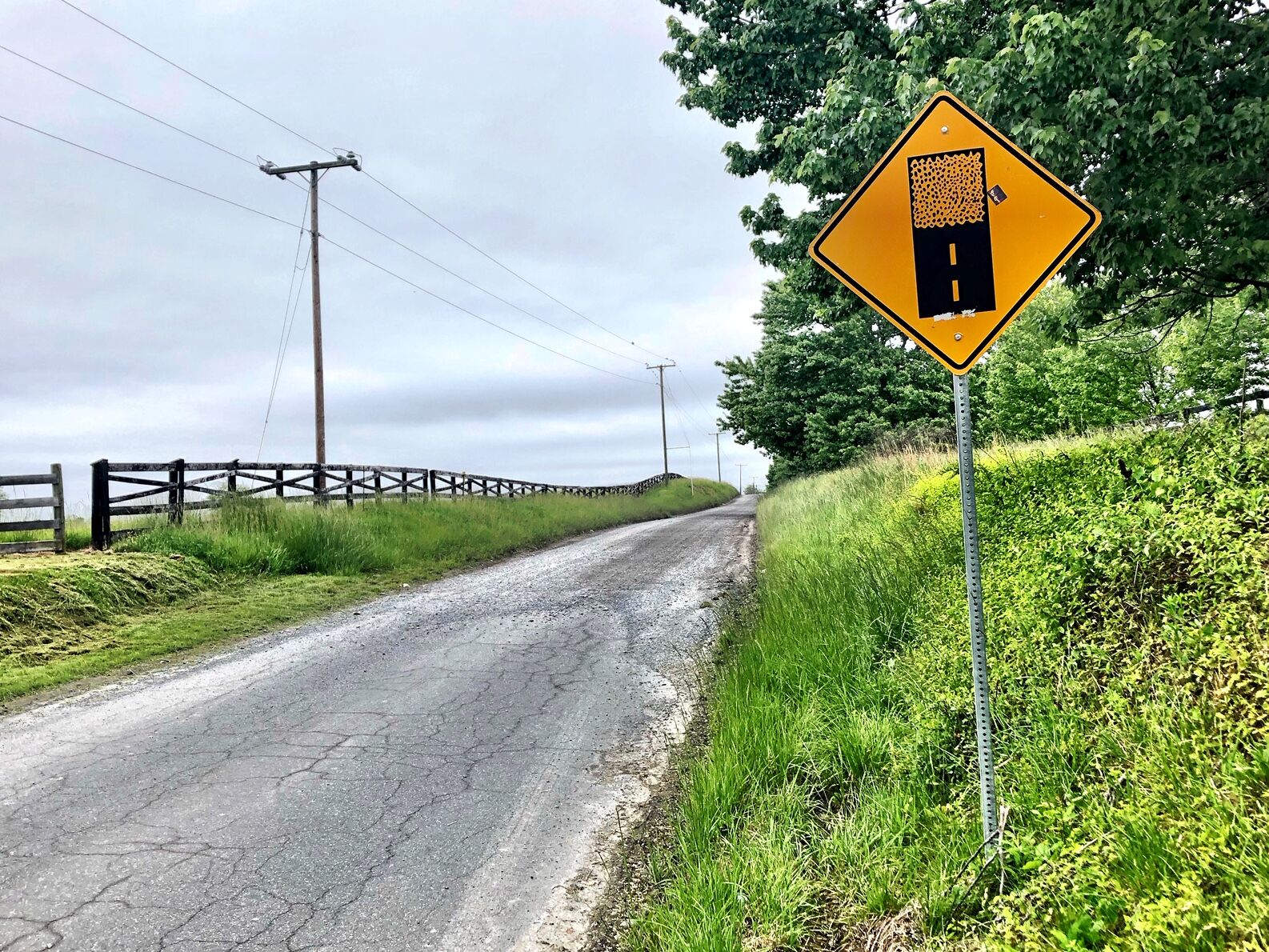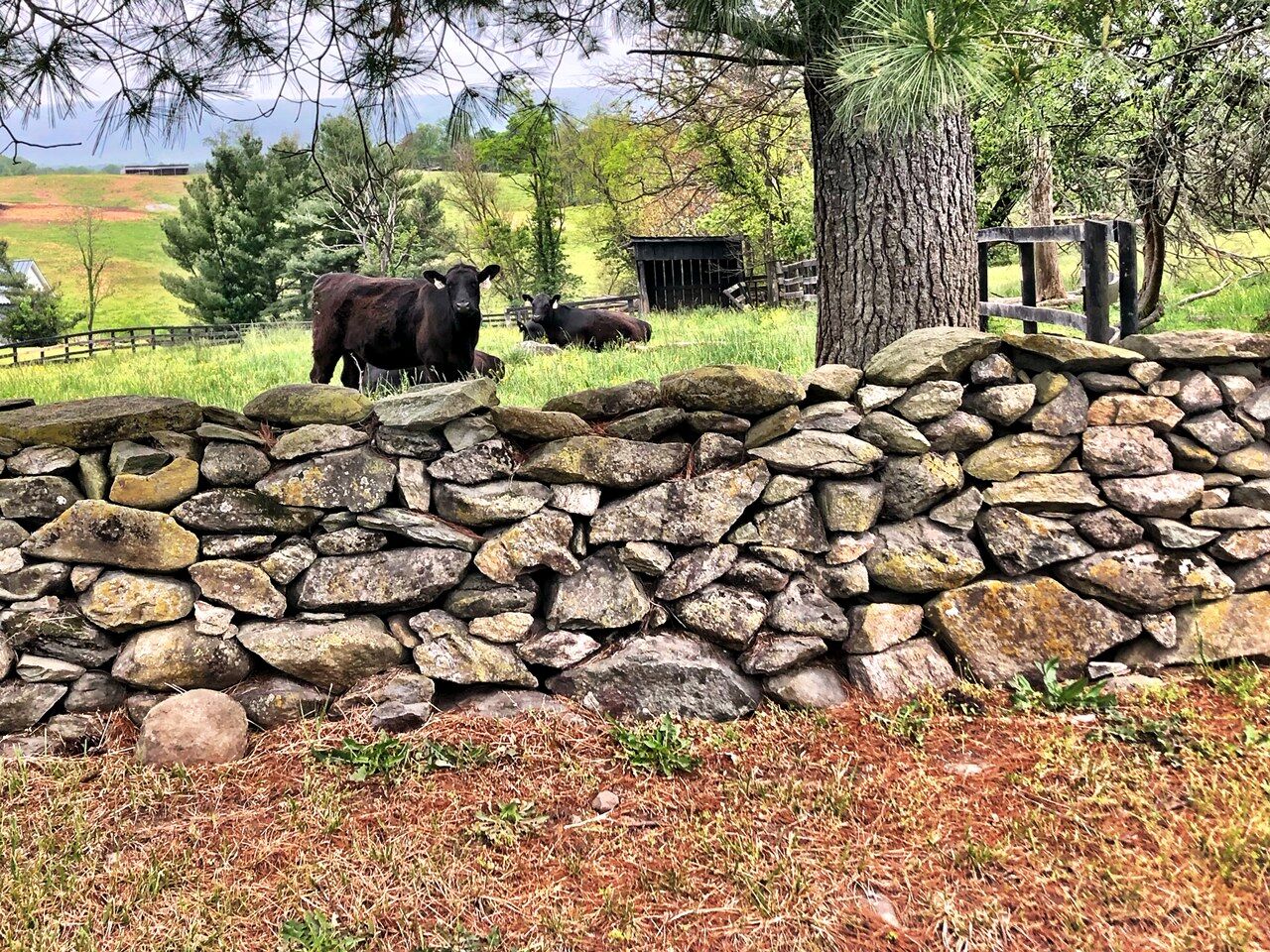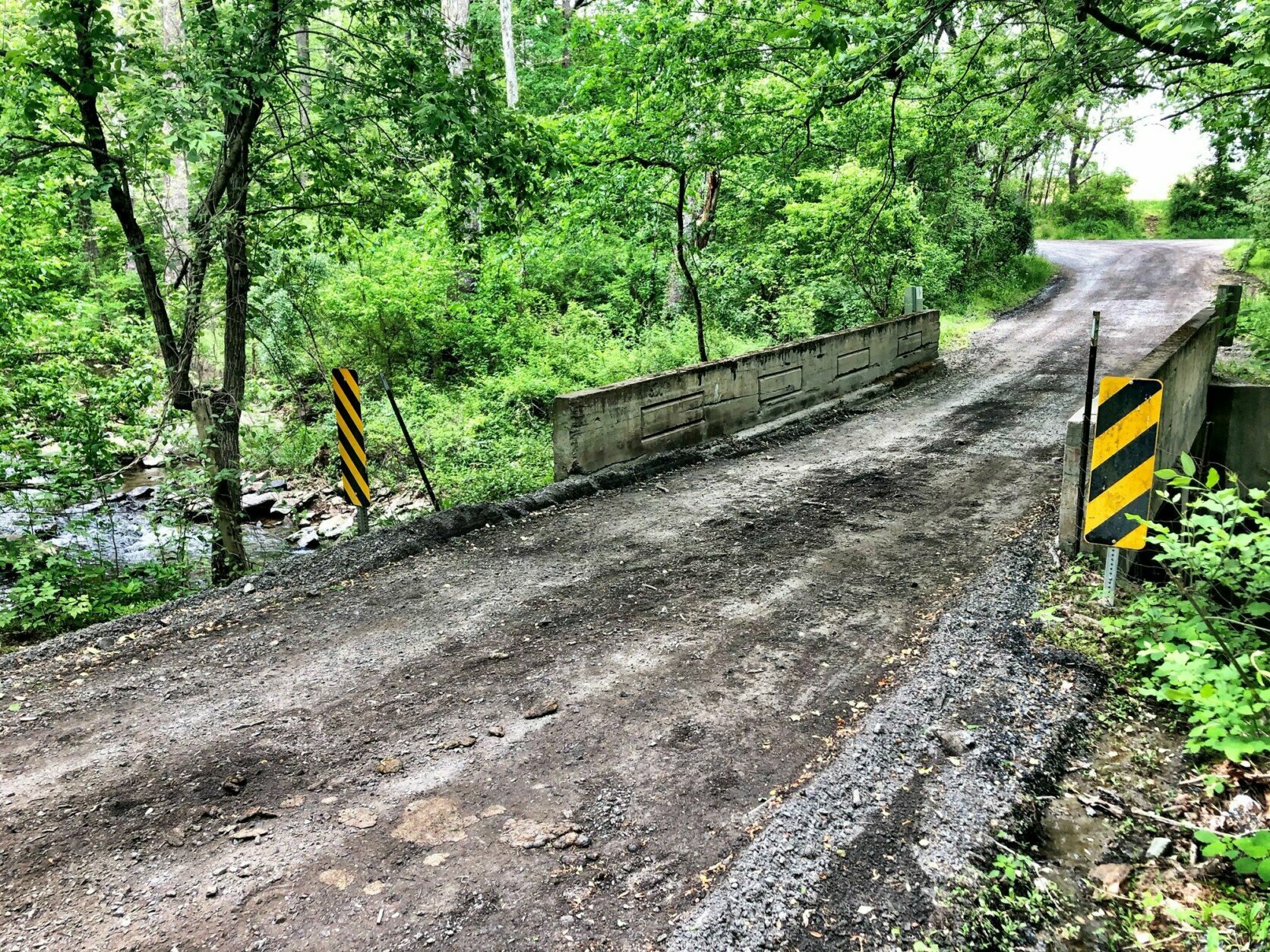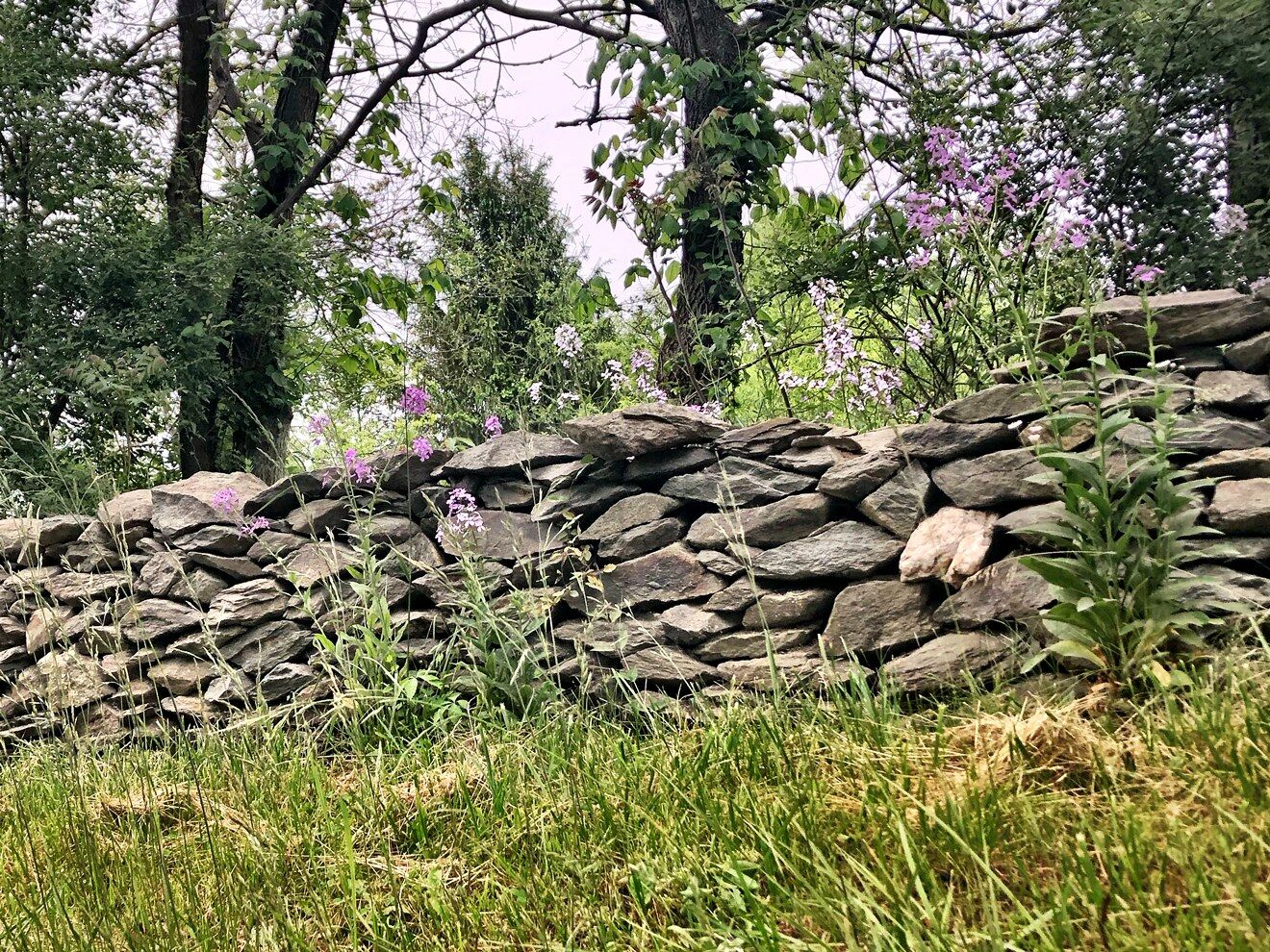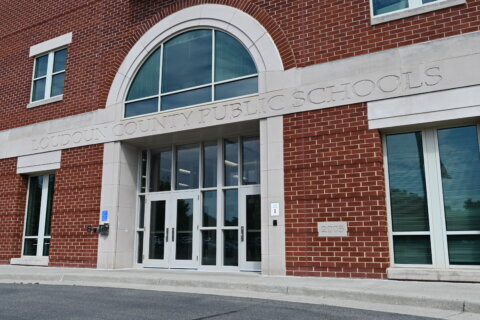“Bordered by trees and punctuated by stone walls, sunken lanes, cemeteries, mills and other historic sites, western Loudoun County’s network of rural roads is a largely unchanged, living museum of 300 miles of gravel roadways that traverse the Loudoun Valley,” according to the nonprofit’s list.
Many of the unpaved roads were based upon Native American trails and later used by settlers, and eventually, to support Loudoun County’s agricultural economy.
The report said the future of these historical unpaved roads is at risk: “This complex network of overland routes is under threat from the region’s rapid development, which has led to an increased demand for paved road surfaces to support higher traffic volumes and speeds.”
According to the Virginia Department of Transportation, the decision to pave a road is initiated by a county’s board of supervisors and VDOT’s district administrator, only after a public hearing process. The county must include in the transportation project its planned spending for improvement or construction over the next six years.
The nonprofit said it wants to raise awareness of the importance of protecting the rural roads network, while maintaining relationships with VDOT to ensure public safety and road maintenance.
“America’s Routes, a local nonprofit formed to protect Loudoun’s rural roads, believes that the changing lifestyle of parts of the county from agrarian to commuter need not be an obstacle to protecting the historic road network, the scenic and environmental resources, and disappearing agrarian traditions,” according to the Preservation Virginia report.
In addition to Loudoun’s unpaved roads, the list of seven endangered sites includes:
- Alexandria Elks Lodge #48: An anchor for residents in the Parker Gray Historic District for over 115 years.
- Halifax Roller Mill: A three-story, frame flour and feed mill, constructed in 1915 in the Town of Halifax, was a thriving operation and a social center for the town.
- Historic metal truss bridges statewide: In 1975, Virginia had approximately 620 metal truss bridges. Today, approximately 5% of the bridges remain.
- James Street Holiness Church: Founded in 1891 by preacher Bettie Thompson, in Danville, the church is rich in the history of African-American women religious leaders.
- Pine Grove School Community: The rural community of businesses, churches, cemeteries and homes in Cumberland County is under threat from a proposed 1,200-acre landfill.
- Rassawek: The historic and sacred site of the Monacan Indian Nation, located at the confluence of the Rivanna and James rivers in Fluvanna County, is in danger of destruction from a proposed water intake system.
This is the 15th year of the Preservation Virginia endangered sites list.

